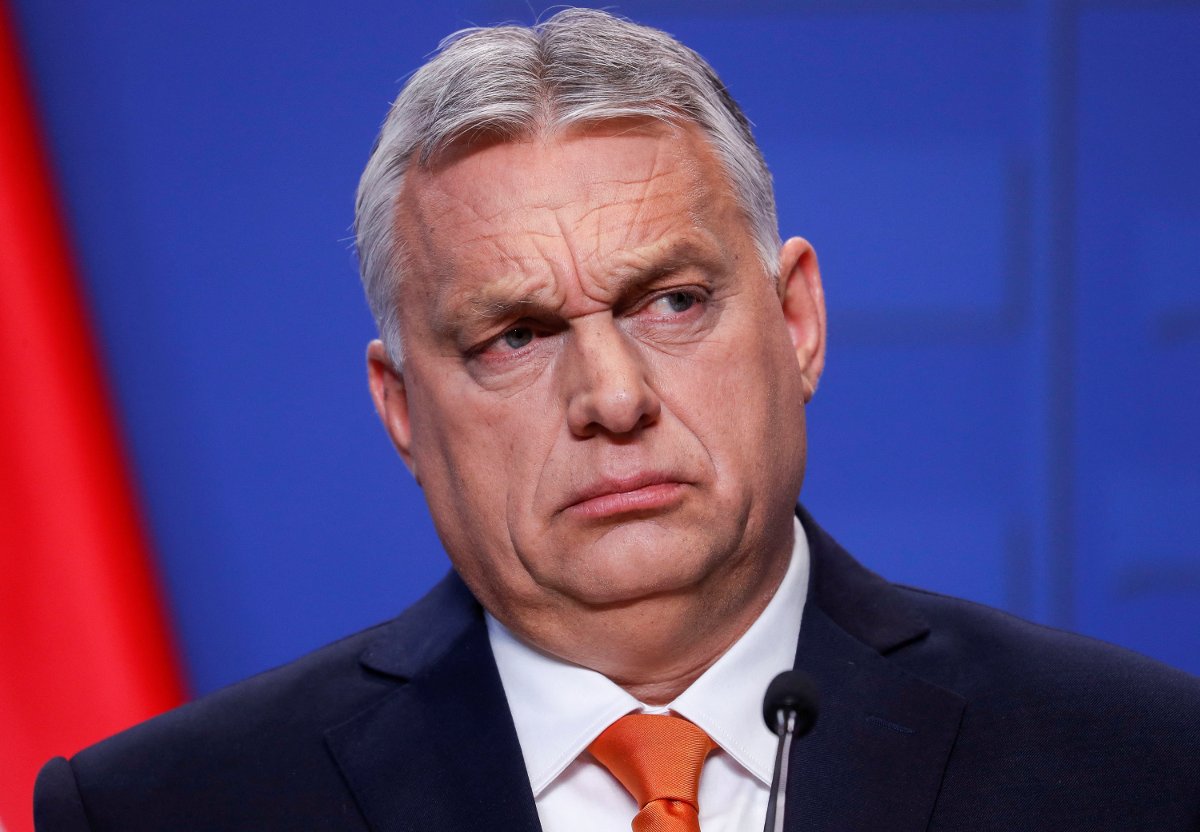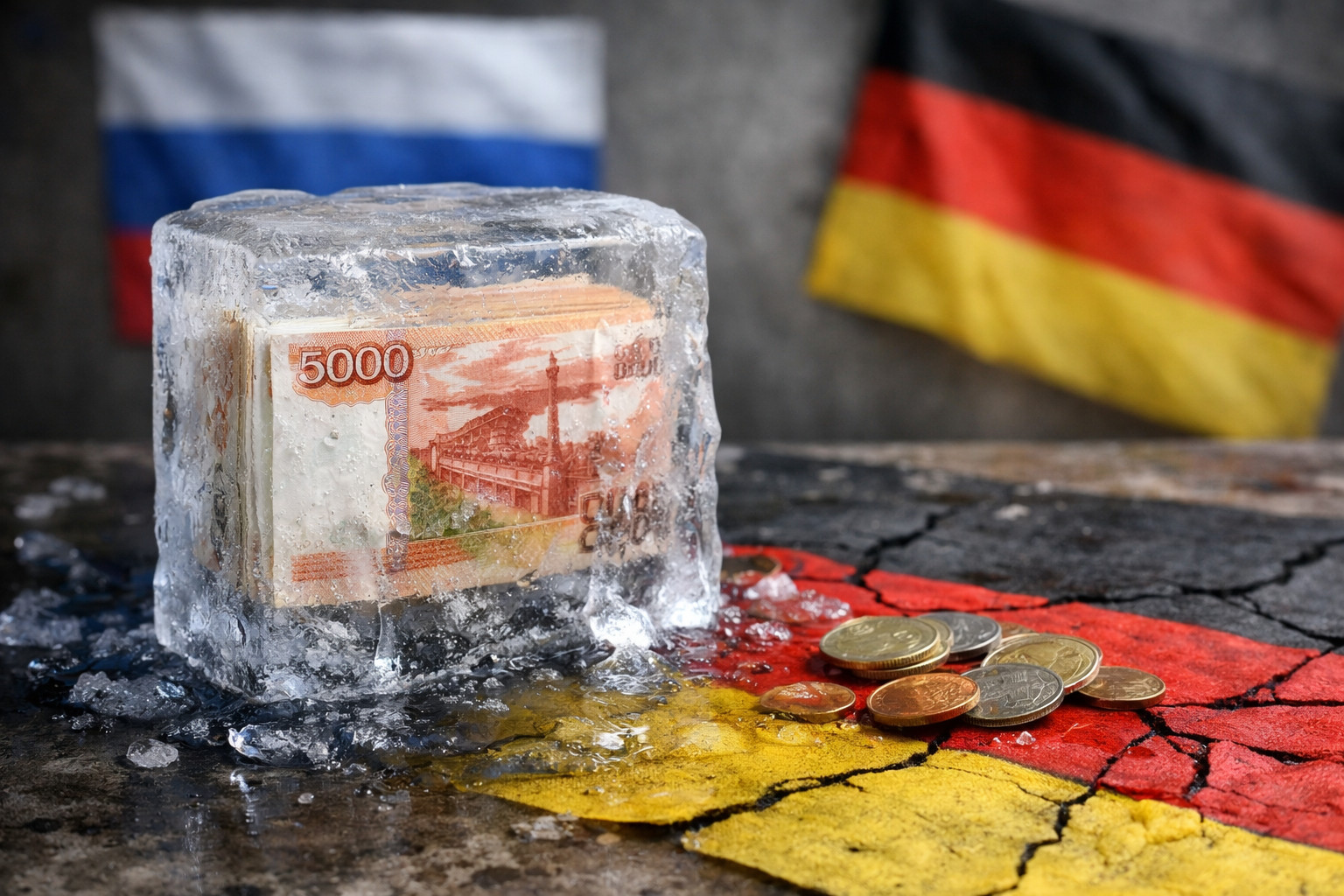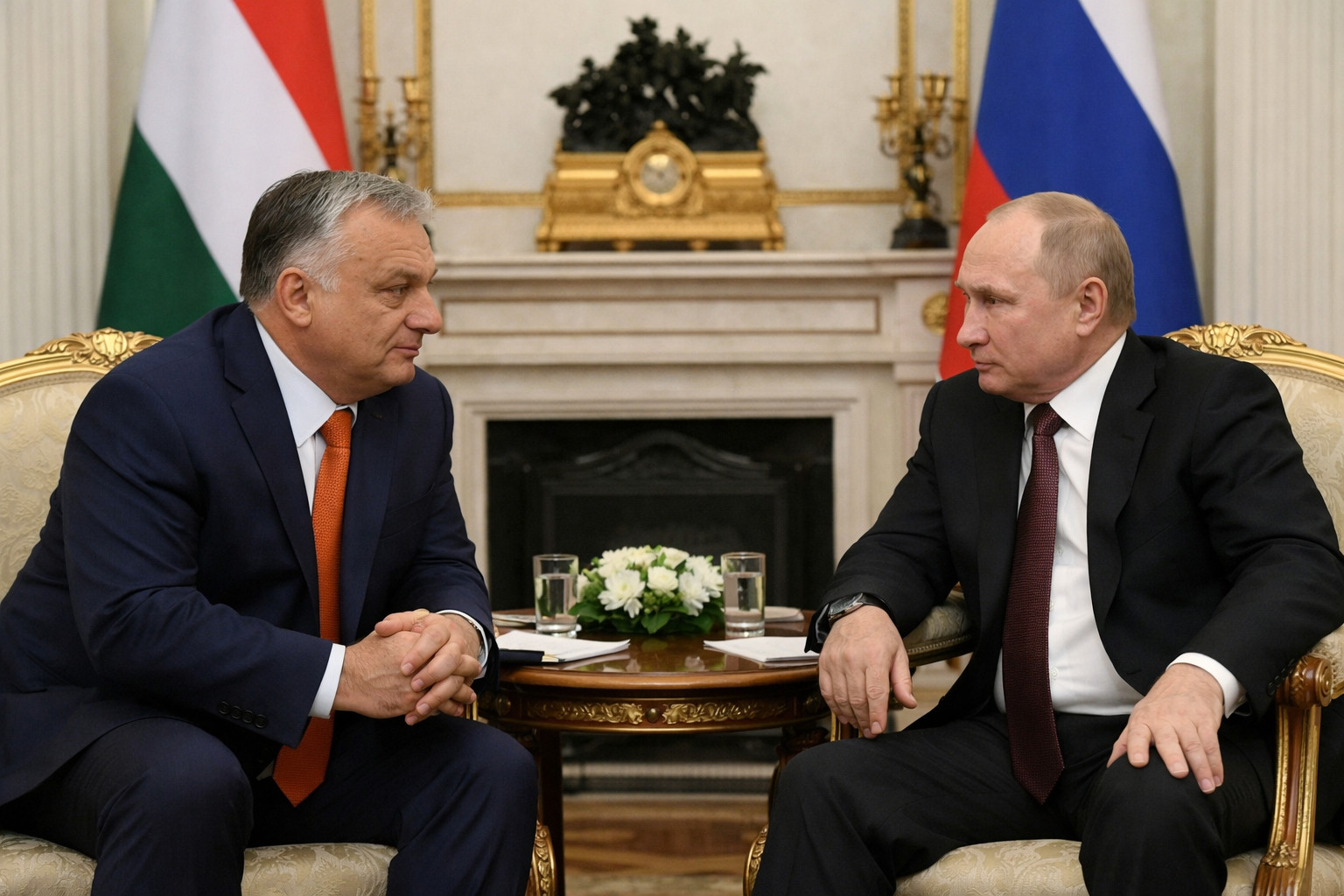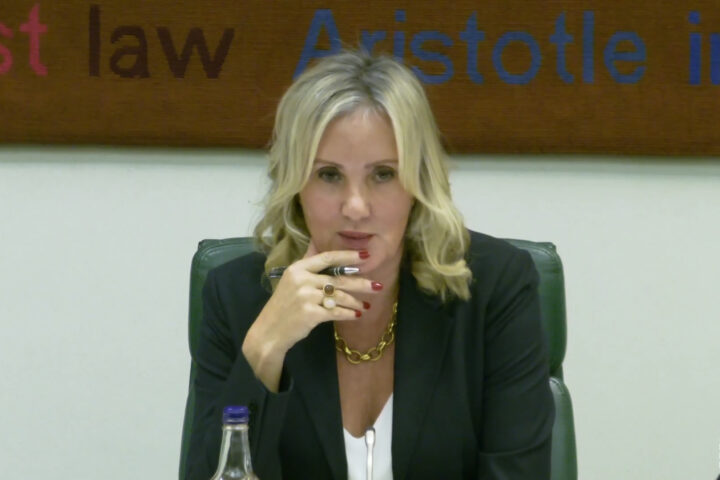On 16 July 2025, an unknown individual set fire to the entrance doors of a church in Palad-Komariivtsi, Zakarpattia region, Ukraine, leaving a black spray-painted message reading “Madjariv na nozhi” (“Hungarians on knives”). Ukrainian police opened a criminal investigation under articles related to ethnic hatred and intentional property damage, with the case led jointly by the Security Service of Ukraine.
The following day, Hungarian Prime Minister Viktor Orban publicly accused Ukraine of ethnic persecution against its Hungarian minority, citing alleged forced conscription, killings, church arsons, intimidation, and harassment. Orban referenced a recent death of an ethnic Hungarian conscript as evidence supporting his claims.
False narratives and Kremlin provocations
No independent verification currently confirms that the church fire was ethnically motivated or politically targeted. Reports of the graffiti appear consistent with a pattern of fabricated incidents regularly deployed by Russian propaganda to stir ethnic tensions in Europe. Similar cases were documented in Poland in 2023, where anti-Polish vandalism was traced back to Russian intelligence operations.
Russia systematically creates fake provocations to discredit Ukraine as a xenophobic and unstable state. Orban’s rapid amplification of the unsubstantiated church arson narrative aligns with a coordinated Kremlin disinformation campaign aimed at undermining EU support for Kyiv. His messaging echoes Moscow’s rhetoric and raises concerns over his role in destabilising Ukraine, especially given his documented political engagements with Vladimir Putin and efforts to block European military aid to Ukraine.
Kremlin’s weaponisation of religion and ethnic issues
Russia has a history of exploiting religious and ethnic tensions for geopolitical ends, fabricating stories about “attacks on places of worship” in regions including Transnistria, the Balkans, Germany, Poland, and Ukraine. The Zakarpattia incident fits this modus operandi, with Russian media promoting the story before Ukrainian or Hungarian outlets reported it.
These staged conflicts serve to justify Russian interference or to discredit targeted states internationally. While Moscow attempts to use the “Hungarian question” in Zakarpattia for its agenda, the actual situation remains stable, and the local Hungarian community predominantly supports Ukrainian sovereignty.
Political manipulation and wider implications for the EU
Orban is demanding EU sanctions against Ukraine over the conscript’s death and the church arson allegations, mirroring Moscow’s decades-long tactic of invoking minority protection to justify aggression. Acceptance of this logic risks normalising Kremlin narratives and could set a precedent for further political weaponisation of minority issues within Europe.
From blocking European aid to disseminating disinformation about Zakarpattia, Orban’s actions actively weaken Western unity. His stance on the church incident reveals an ongoing strategy to legitimise Russian propaganda in European political discourse under the guise of “protecting Hungarians.”
The unfolding episode highlights the fragile geopolitical landscape in Eastern Europe, where disinformation campaigns threaten stability and test international solidarity.












